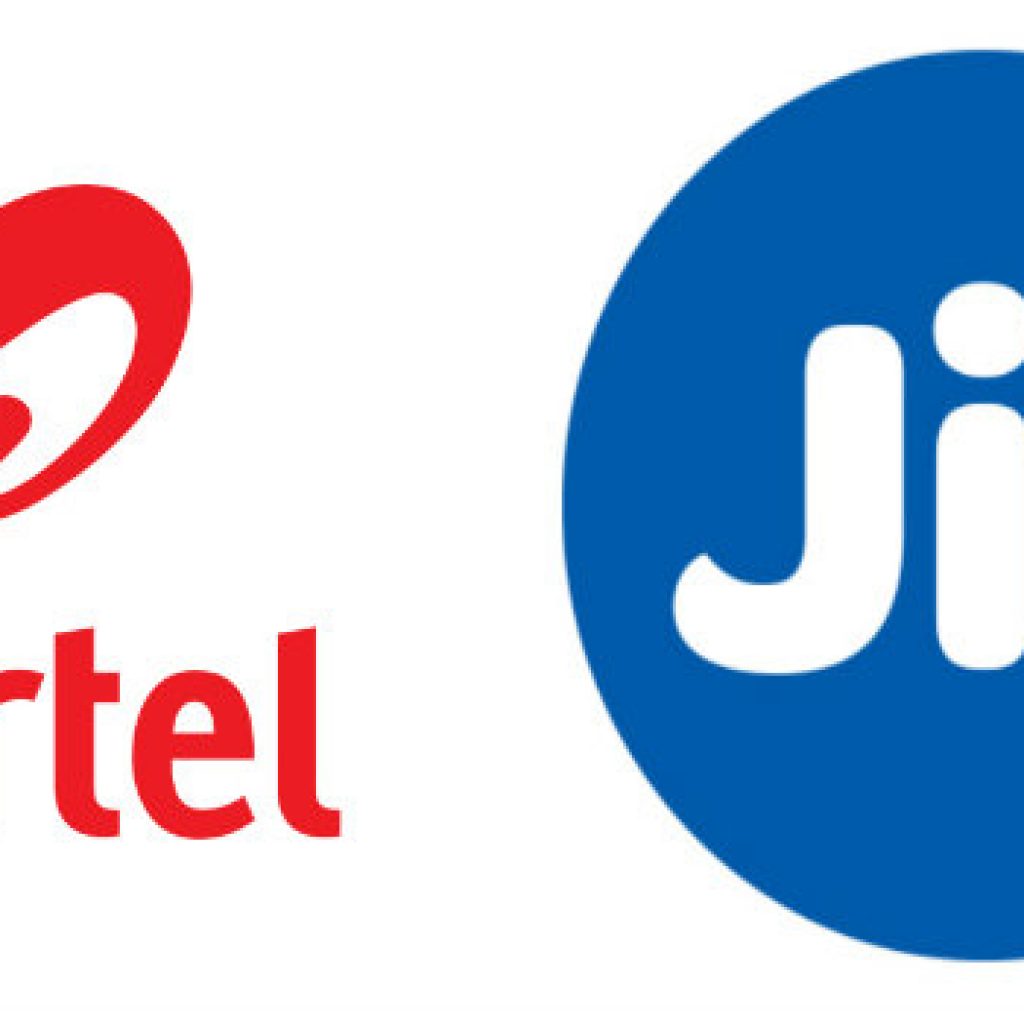
Bharti Airtel today registered a sharp 72 per cent decline in consolidated net income at Rs 373.4 crore for the fourth quarter ended March 2017, hit by “sustained predatory pricing” by newcomer Reliance Jio.
Net income stood at Rs 1,319 crore in the same period a year ago. Total revenue fell 12 per cent to Rs 21,934.6 crore, from Rs 24,959.6 crore in the same period last fiscal.
The earnings numbers came in after market hours. “The sustained predatory pricing by the new operator has led to a decline in revenue growth for the second quarter in a row. The telecom industry as a whole also witnessed a revenue decline for the first time ever on a full-year basis,” Bharti Airtel MD and CEO (India and South Asia) Gopal Vittal said.
Pointing towards the “tsunami” of incoming voice traffic from the “new operator”, Vittal said “significant investments had to be made just to carry the incoming traffic on our network”.
“The net result of this was a revenue decline of 7.1 per cent in the fourth quarter even as Ebitda margins got eroded by 2.9 per cent. 2016-17 saw a muted top line growth of 3.6 per cent as against the double-digit growth witnessed in preceding years,” he said.
For the full year 2016-17, net income fell 37.5 per cent to Rs 3,799.7 crore while revenue was lower by 1.1 per cent at Rs 95,468.4 crore compared to the previous fiscal.
Reliance Jio, backed by Indias richest man Mukesh Ambani, had launched its inaugural free voice and data plan in September last year. In December, it extended the freebies up to March 2017, much to the dismay of other operators which alleged that such offerings not only hit their profitability but were against the regulations.
Even after the launch of its paid services post March, Jio continues to be aggressive, offering data at rock-bottom prices while voice calls are free.
The telecom industry, which owes close to Rs 4.60 lakh crore to various financial institutions and banks, has alleged that the predatory pricing by the new operator continues to hurt, besides impacting the financial health of the sector.
The Board has proposed a final dividend of Re 1 per share for the financial year to March.
